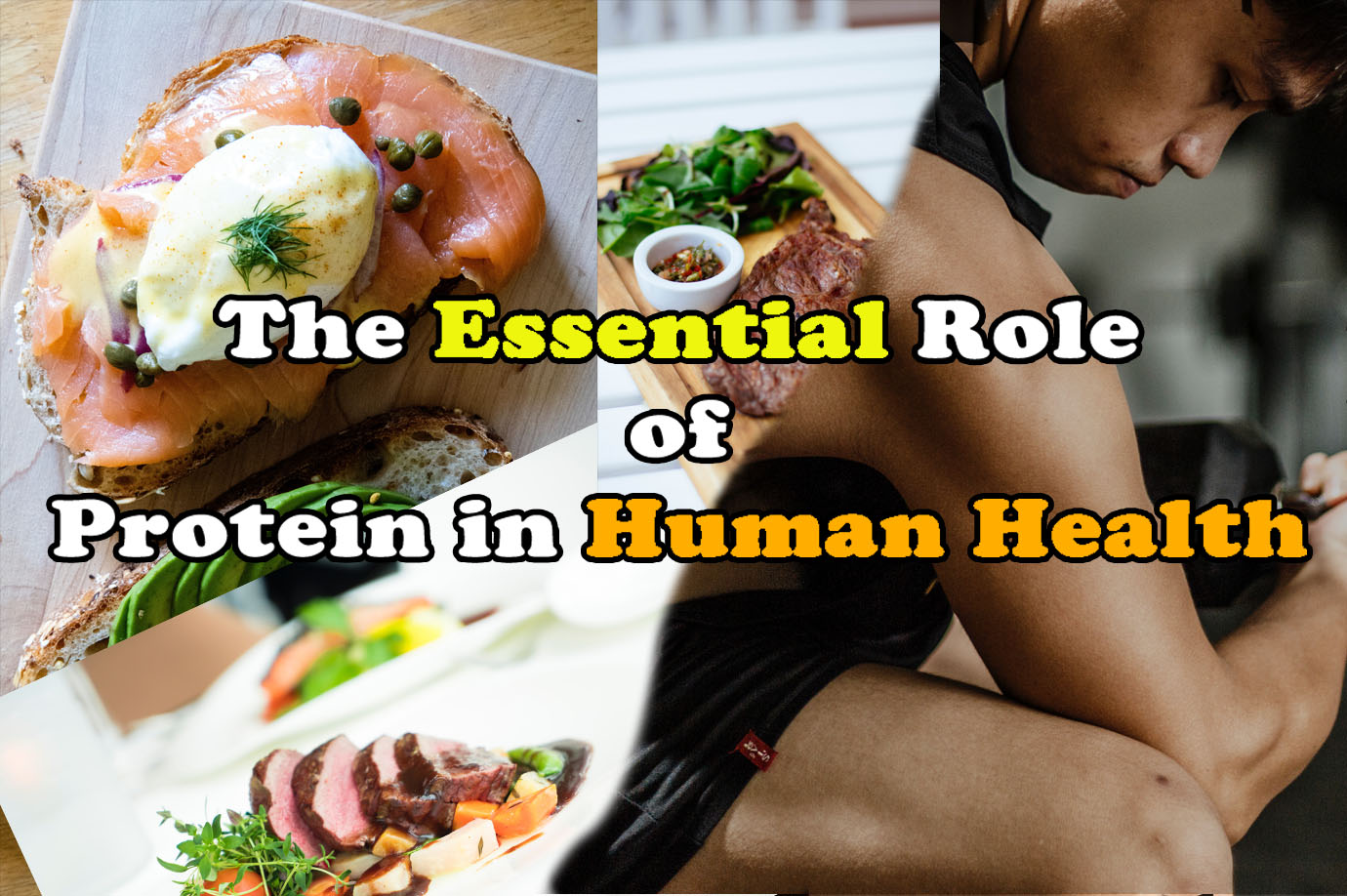Protein is an essential macronutrient that is vital for the proper functioning of the human body. It is necessary for the growth, repair, and maintenance of tissues, as well as the production of enzymes, hormones, and other molecules. In addition to these important functions, protein is also involved in the regulation of appetite, metabolism, and the immune system. Despite the numerous benefits of protein, many people do not consume enough of it in their diet. This can lead to deficiencies and a range of health problems. In contrast, getting an adequate amount of protein can help to support optimal health and prevent a variety of chronic diseases.
Types of Protein
There are numerous sources of protein, including animal products like meat, poultry, fish, and dairy, as well as plant-based sources such as beans, nuts, and grains. It is important to choose a variety of protein sources in order to get all of the essential amino acids, which are the building blocks of protein that the body cannot produce on its own.
Recommendations for Protein Intake
The recommended daily intake of protein varies depending on a person’s age, sex, and level of physical activity. For adults, the general guideline is to aim for 0.8 grams of protein per kilogram of body weight per day. However, athletes and other highly active individuals may require more protein to support muscle growth and repair. In addition to the overall amount of protein consumed, the timing of protein intake can also be important for optimizing muscle growth and recovery. Consuming protein shortly after a workout can help to stimulate muscle protein synthesis and promote muscle repair and growth. There are also some specific populations that may benefit from higher protein intake. For example, older adults may require more protein in their diet to help preserve muscle mass and function, as age-related muscle loss (sarcopenia) is a common problem. Similarly, individuals who are trying to lose weight may benefit from higher protein intake, as it can help to preserve muscle mass and keep hunger at bay.
Conclusion
In summary, adequate protein intake is crucial for optimal health. It is important to consume a variety of protein sources and to pay attention to both the overall amount and timing of protein intake in order to support muscle growth and repair, as well as the proper functioning of the body’s tissues and systems.
